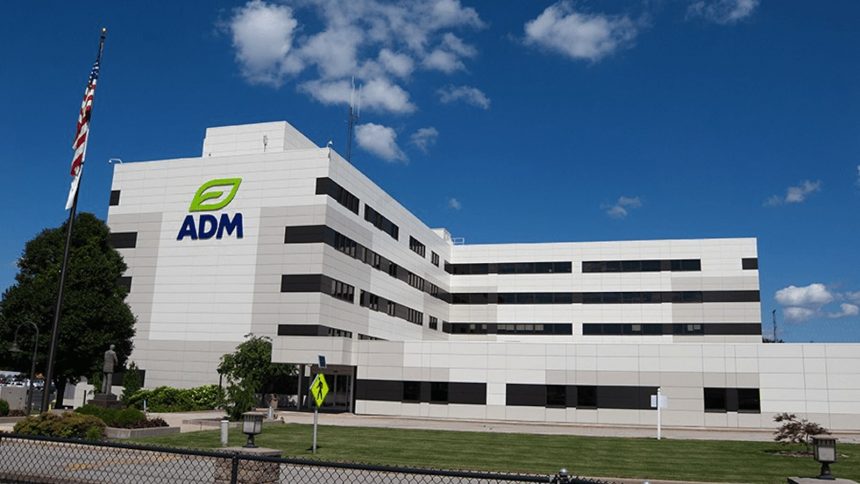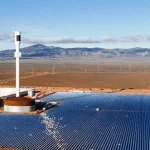This coverage is possible thanks to a collaboration between Grist and WBEZ, a public radio station serving the Chicago area. A group of executives from Archer Daniels Midland, a grain-processing giant, observed as Verlyn Rosenberger, 88, addressed the Decatur City Council. This was the first meeting after the central Illinois community learned of a second leak at ADM’s carbon dioxide sequestration well under Lake Decatur, their main source of drinking water.
“Even though CO2 sequestration is feasible, it doesn’t mean it should be done,” Rosenberger, a retired elementary school teacher, told the council. “Pipes can eventually fail.”
ADM’s central Illinois facility was the first commercially permitted carbon sequestration operation in the United States. It is part of a booming carbon capture and storage (CCS) industry that aims to store carbon dioxide underground to combat climate change. This technology plays a crucial role in government efforts to reduce fossil fuel emissions and meet climate targets.
The Biden administration’s Inflation Reduction Act has incentivized industry subsidies and tax credits, spurring a rush for CCS projects. While there are currently only four operational carbon sequestration wells in the U.S., with two each in Illinois and Indiana, many more are in the pipeline. In Illinois alone, three proposed pipelines and 22 wells are under review by regulators, with the state’s geography making it ideal for CCS projects. Nationally, the EPA is reviewing 150 different applications.
Despite the potential benefits, leaks from CCS operations can pose significant risks to water sources. Pressurized CO2 stored underground can escape, potentially causing contamination and making drinking water unsafe. Critics of carbon capture worry that the technology could create new problems while attempting to solve existing ones.
In September, news of a leak at ADM’s Decatur site surfaced, raising concerns about the technology’s safety. While the EPA confirmed that the leaks did not threaten water sources, questions linger about transparency, oversight, and the viability of CCS as a climate solution.
ADM faced criticism for failing to timely disclose the leaks to the public and officials. The delayed reporting raised doubts about the long-term safety of CCS and the effectiveness of regulatory oversight. The leaks highlight the need for greater transparency, accountability, and public awareness in the growing CCS industry.






